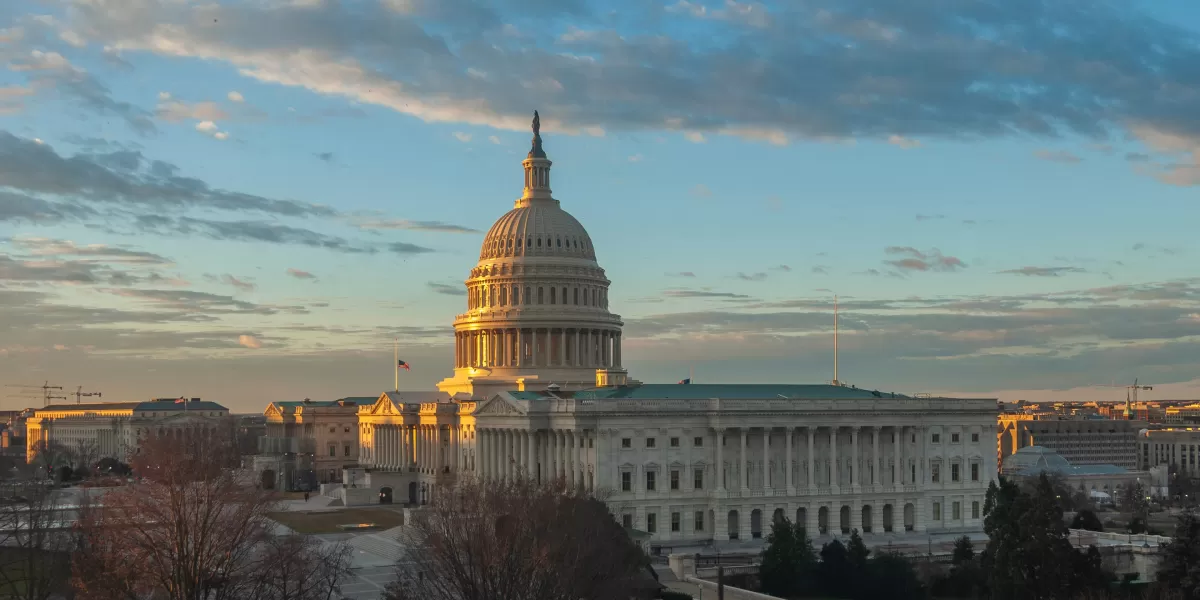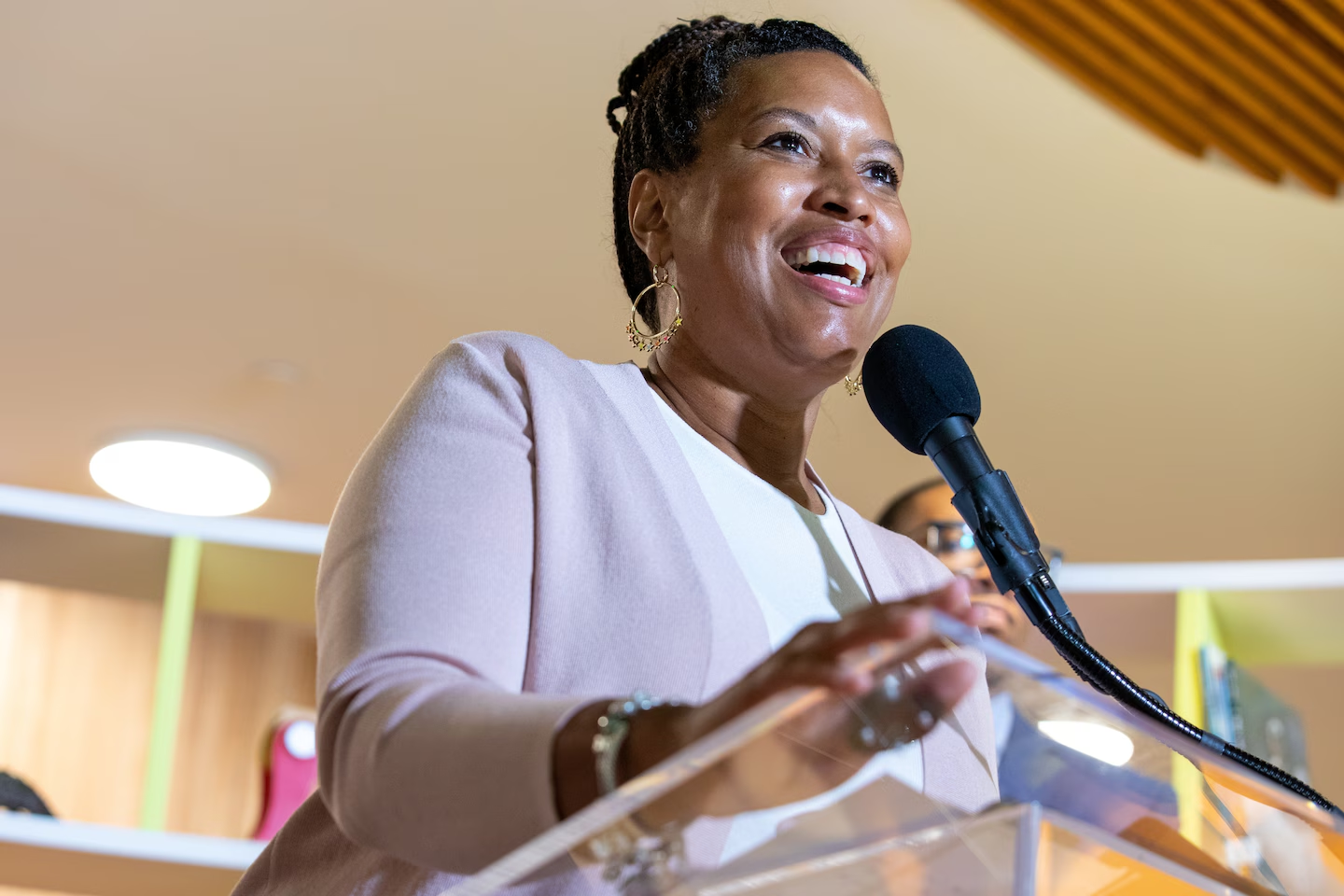As Eleanor Holmes Norton turns 88, a rare moment of honesty has emerged in the often sanitized halls of power in Washington, D.C. Figures close to her have started openly questioning her ability to serve effectively, a move that feels like a seismic shift in a culture that typically shields incumbents from scrutiny. Norton, the District of Columbia’s nonvoting congressional delegate, is now at the center of a conversation that goes far beyond her individual case, touching the very heart of American democracy.
Incumbency and Age in American Politics
In an environment where incumbency is revered, especially within the Democratic Party, it’s striking to see senior figures like Beverly Perry, a senior adviser to Mayor Muriel Bowser, candidly express concern about Norton’s capacity to navigate the political landscape. The fact that such concerns are being aired publicly is a testament to the growing unrest surrounding the aging leadership within the party. As reported by The New York Times, this has culminated in calls for Norton to consider stepping aside for a new generation of leaders. However, her response has been defiant, indicating plans for another term, which raises critical questions about the implications of entrenched power.
The Consequences of Elderly Leadership
The troubling reality is that the decisions made by elderly politicians can have significant consequences. Last week, a critical vote in the House regarding Republican cuts to overseas aid and public broadcasting passed by just two votes, highlighting how the frailties of leadership can directly affect governance. According to BBC, there are both pros and cons to having older leaders, yet the cons seem to be manifesting with increased frequency in recent legislative sessions.

U.S. Capitol Building | Architect of the Capitol
Culture of Silence and Denial in Politics
The reluctance of politicians to acknowledge their own limitations reflects a broader culture of silence and denial that pervades American politics. This silence can be detrimental, as it stifles critical conversations about who should be leading our nation. The recent revelations about Norton’s struggles, including memory lapses and difficulties with communication, echo sentiments expressed in Washington Examiner. The narrative surrounding Norton mirrors that of President Biden, where age and competence are becoming central issues as both Democrats and Republicans grapple with the implications of prolonged incumbency.
Institutional Reform is Necessary
The U.S. political system is in dire need of reform to better accommodate the realities of aging leadership. An institution similar to the British House of Lords could allow seasoned politicians to contribute without the pressures of front-line politics. Currently, the binary choice facing older politicians—either to cling to power or fade into obscurity—creates a dangerous dynamic. This lack of options is a disservice to both the individuals involved and the constituents they represent.

Muriel Bowser projected to win third term as D.C. mayor - The ...
The Rise of a New Generation
With younger voices increasingly demanding a seat at the table, the need for generational change has never been more urgent. The candid remarks from figures like Democratic strategist Donna Brazile, who has publicly urged Norton to consider her legacy, signal a growing awareness that the party"s future hinges on the willingness to pass the torch. The current gerontocracy within the Democratic Party, as evidenced by the silence from many potential challengers, suggests an unwillingness to embrace necessary change. This reluctance not only stifles new ideas but also puts the very principles of democracy at risk.



![[Video] Gunfire between Iraqi security forces and Sadr militias in Baghdad](/_next/image?url=%2Fapi%2Fimage%2Fthumbnails%2Fthumbnail-1768343508874-4redb-thumbnail.jpg&w=3840&q=75)
